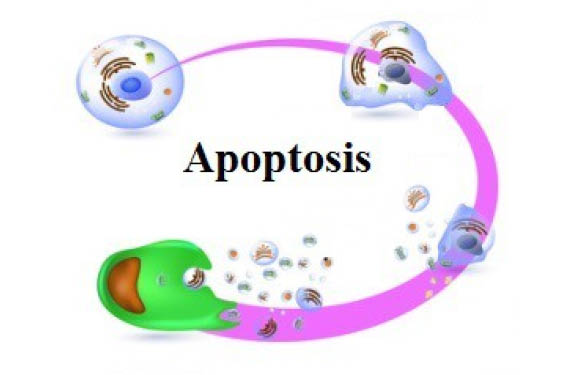The anti-cancer property of the Vitamin K3 (Vitk3) was again recently studied by Dr Meng-Er Huang’s team (Curie Institute, CNRS UMR3348, Paris).
By using in vitro pro-oxydative cellular models, Dr Huang and collaborators observed a cancer-selective cytotoxicity of vitk3 in Peroxyredoxin 1 (PRDX1 aka PRX1)-deficient cancer cell lines.
To further investigate the underlying molecular mechanisms, the authors used a stably PRX1-depleted HeLa cell line (PRX1-) (vs. Control (PRX1+)) under various experimental conditions. They notably treated PRX1- and PRX1+ cell lines by vitk3 and 6 other known anticancer molecules targeting different cellular events (microtubule (vinblastine & taxol); DNA (doxorubicin & daunorubicin); DNA transcription (actinomycin D) and cell cycle (5-FU)).
Under these conditions, the authors confirmed that PRX1 inactivation potentiates vitk3 cytotoxicity in vitro (necroptosis) via ROS modulations. They take a new look at the possibility of using Vitk3 in combination with other anticancer treatments and suggest that PRX1 could be therapeutically promising target in the future.
Congratulations to the authors, who turned to tebu-bio’s range of products when selecting their PXR1 stably silenced cellular model (Cat nr 00301-00114 including PRX1+ and PRX1+ cell lines) for investigating VitK3 cytotoxic effects and H2O2 / ROS metabolic pathways.
About PXR1 knowdown HeLa cell line
PRX1- and PRX1+ cell lines used in this publication have been engineered with the SilenciX® technology.
SilenciX® cells are ready-to-use, knockdown (KD) cell lines using a unique siRNA Delivery system. They are ideal experimental models for in vitro assays requiring stable and efficient gene-specific silencing. As of today, over 100 SilenciX® HeLa cell lines are available at tebu-bio. Customized cell line development by tebu-bio’s lab team is also possible on request.
You might like to know more about SilenciX® technology and its applications in research and drug discovery (loss-of-function model, synthetic Lethality, personalised medicine, drug Selectivity mimicking Human disease model, therapy Combination). Follow this link and see how dozens of researchers have already benefited from it and published their data.
Source
Tiantian He, Elie Hatem, Laurence Vernis, Ming Lei and Meng-Er Huang “PRX1 knockdown potentiates vitamin K3 toxicity in cancer cells: a potential new therapeutic perspective for an old drug” (2015) Journal of Experimental & Clinical Cancer Research 34:152 – DOI: 10.1186/s13046-015-0270-2



